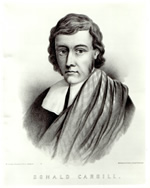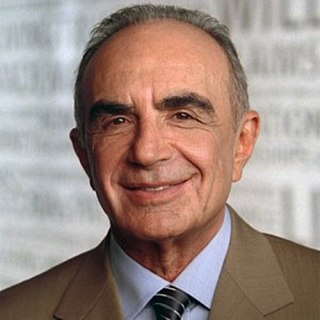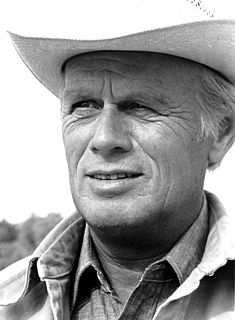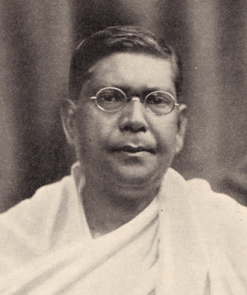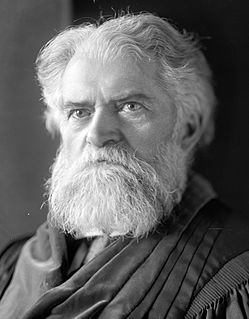A Quote by R. Madhavan
I might sound audacious, but the Mahatma has been a great inspiration. He had the conviction to live with his beliefs in the face of total disbelief.
Related Quotes
Emile Saint-Blague had been a lively, versatile painter in his youth, but he had abused his energy by painting too many pictures; so that in what might have been the ripe period of his art he had nothing left but ideas. A man who has nothing left but ideas may be of great service to his friends, but he is of no use at all to himself. Emile was certainly an inspiration to his friends.
Pippin glanced in some wonder at the face now close beside his own, for the sound of that laugh had been gay and merry. Yet in the wizard's face he saw at first only lines of care and sorrow; though as he looked more intently he perceived that under all there was a great joy: a fountain of mirth enough to set a kingdom laughing, were it to gush forth.
He had uttered a mad wish that he himself might remain untarnished, and the face on the canvas bear the burden of his passions and his sins; that the painted image might be seared with the lines of suffering and thought, and that he might keep all the delicate bloom and loveliness of his then just conscious boyhood.
My father had not been outside the house except to drive back and forth to work or sit out in the backyard, for months, nor had he seen his neighbors. Now he looked at them, from face to face, until he realized I had been loved by people he didn't even recognize. His heart filled up, warm again as it had not been in what seemed so long to him- save small forgotten moments with Buckley, the accidents of love that happened with his son. ~pgs 209-210; Buckley, Lindsey and Jack on Susie
If we, who live outside asylums, act as if we lived in a fictitious world- that is to say, if we are consistent with our beliefs- we cannot adjust ourselves to actual conditions, and so fall into many avoidable semantic difficulties. But the so-called normal person practically never abides by his beliefs, and when his beliefs are building for him a fictitious world, he saves his neck by not abiding by them. A so-called "insane" person acts upon his beliefs, and so cannot adjust himself to a world which is quite different from his fancy.
About Mahatma Gandhi: Great in taking decisions, great in executing them, Mahatma Gandhi was incomparably great in the last stand which he made on behalf of his country. He is undoubtedly one of the greatest men the world has ever seen. The world hath need of him, and if he is mocked and jeered at by "the people of importance," "the people with a stake in this country," - the Scribes and Pharisees of the days of Christ - he will be gratefully remembered, now and always, by a nation which he led from victory to victory.
From my childhood it has been my conviction that men would reach the planets in my lifetime . . . this conviction . . . rests on two beliefs, one scientific and one political: (1) there are more things in heaven and earth than are dreamed of in our present-day science. And we shall only find out what they are if we go out and look for them. (2) it is in the long run essential to the growth of any new and high civilization that small groups of people can escape from their neighbors and from their governments, to go and live as they please in the wilderness.
Because when she failed, I saw how she might have succeeded. Arrows that continually glanced off from Mr. Rochester's breast and fell harmless at his feet, might, I knew, if shot by a surer hand, have quivered keen in his proud heart - have called love into his stern eye, and softness into his sardonic face, or better still, without weapons a silent conquest might have been won.
The lights were off so that his heads could avoid looking at each other because neither of them was currently a particular engaging sight, nor had they been since he had made the error of looking into his soul. It had indeed been an error. It had been late one night-- of course. It had been a difficult day-- of course. There had been soulful music playing on the ship's sound system-- of course. And he had, of course, been slightly drunk. In other words, all the usual conditions that bring on a bout of soul searching had applied, but it had, nevertheless, clearly been an error.
To live his life in his own way, to call his house his castle, to enjoy the fruits of his own labour, to educate his children as his conscience directs, to save for their prosperity after his death -- these are wishes deeply ingrained in civilised man. Their realization is almost as necessary to our virtues as to our happiness. From their total frustration disastrous results both moral and psychological might follow.



